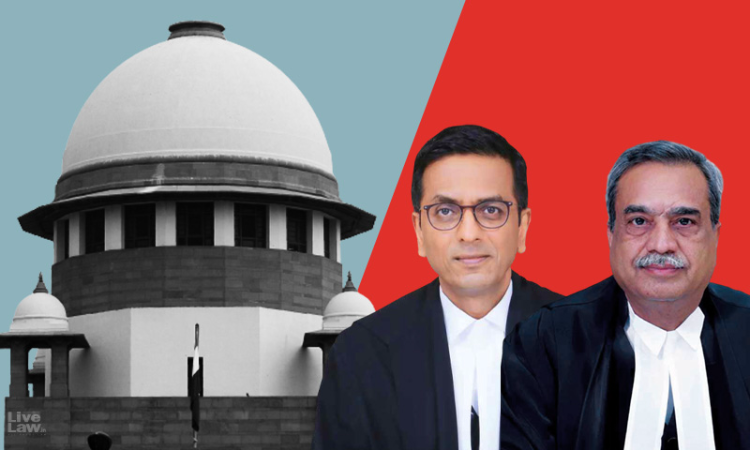"Section 3(2)(v) of the SC/ST Act will not be attracted automatically because the victim belongs to such and such category. You have to establish that the ingredients of 3(2)(v) are made out", reiterated the Supreme Court on Monday.Section 3(2)(v) provides that whoever, not being a member of a Scheduled Caste or a Scheduled Tribe, commits any offence under the IPC punishable with imprisonment...

